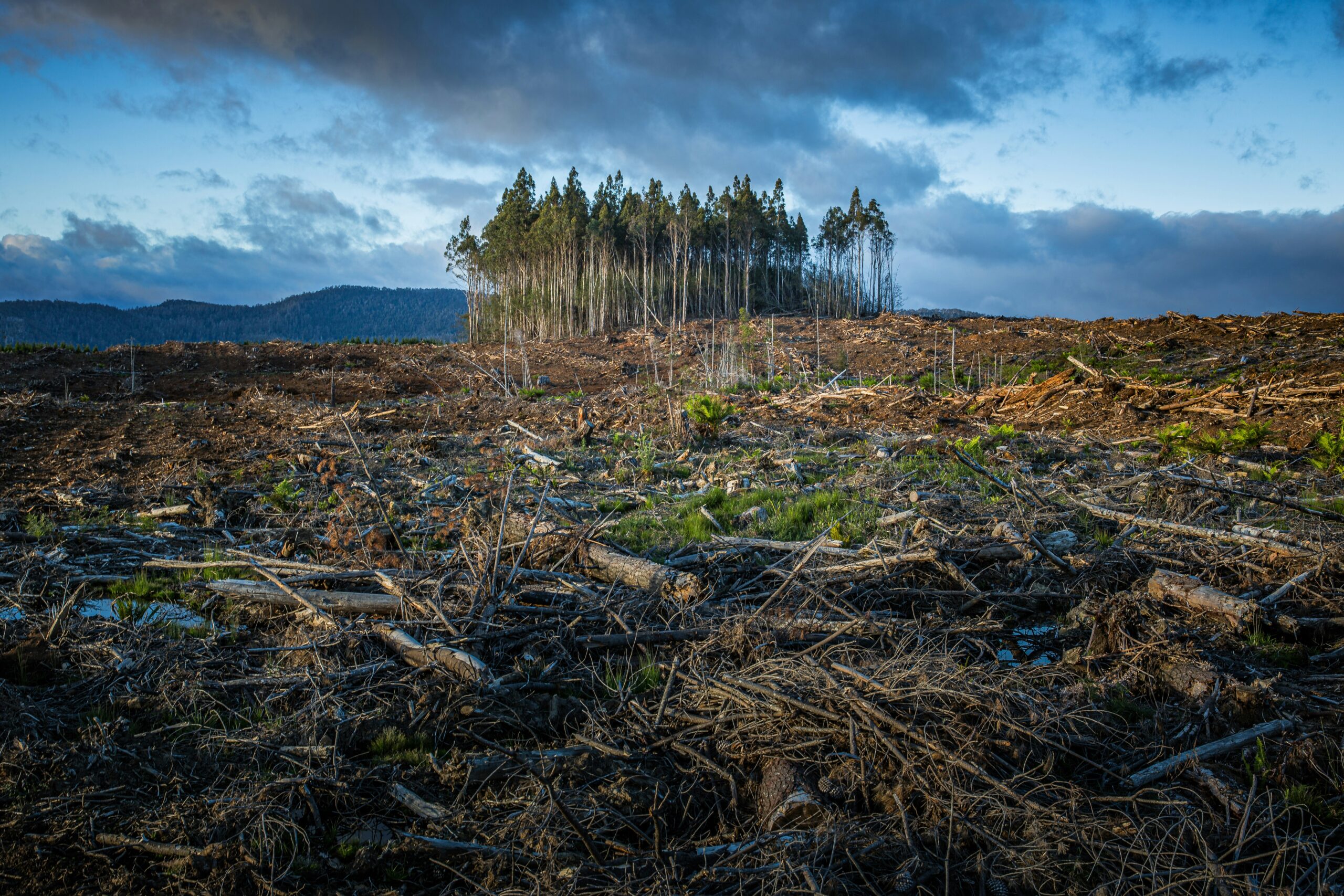
The global climate crisis has far-reaching implications, including significant economic challenges that nations must address urgently. From the costs of disaster recovery to investments in sustainable infrastructure, the economic impacts of climate change demand innovative solutions. By analyzing key areas such as mitigation, adaptation, and policy-making, we can better understand how to navigate these challenges while promoting economic resilience.
The Rising Cost of Climate-Related Disasters
Natural disasters such as hurricanes, wildfires, and floods are increasing in frequency and intensity due to climate change. These events inflict devastating financial losses on individuals, businesses, and governments. For instance, the Federal Emergency Management Agency (FEMA) reports billions of dollars in annual disaster recovery spending in the United States alone.
Addressing this challenge requires proactive measures, such as enhancing infrastructure resilience. Investments in flood barriers, wildfire prevention systems, and advanced weather forecasting technology can mitigate the economic impact of natural disasters. Additionally, creating disaster preparedness plans can reduce recovery costs while saving lives and livelihoods.
Transitioning to a Low-Carbon Economy
Shifting from fossil fuels to renewable energy sources is essential for combating climate change, but the transition presents economic hurdles. Industries reliant on carbon-intensive processes face potential job losses and restructuring costs. Moreover, governments must balance the immediate expense of renewable energy investments with long-term benefits.
To ease the transition, initiatives such as tax incentives for renewable energy projects and retraining programs for workers in affected industries are critical. Countries like Germany have successfully implemented “just transition” policies to support coal workers as they shift to renewable energy sectors. Scaling such models globally could facilitate a smoother transition while fostering job growth in sustainable industries.
The Role of Climate Financing
Climate change mitigation and adaptation require significant financial resources, especially in developing nations that are disproportionately affected by its impacts. Climate financing aims to bridge this gap by mobilizing funds for sustainable projects. However, ensuring equitable access to these funds remains a challenge.
International organizations like the Green Climate Fund (GCF) play a pivotal role in providing resources to vulnerable countries. By fostering partnerships between public and private sectors, climate financing can accelerate the development of renewable energy, climate-resilient agriculture, and sustainable urban planning. Transparent governance and accountability mechanisms are crucial to ensuring that these funds are used effectively.
Economic Opportunities in Green Innovation
While climate change poses economic challenges, it also presents opportunities for innovation. The growing demand for sustainable products and services has spurred the development of green technologies, from electric vehicles to energy-efficient building materials. Businesses that adapt to this demand are poised to thrive in the emerging green economy.
For governments and entrepreneurs, supporting research and development in sustainability is vital. Policies that encourage innovation, such as grants and tax breaks for green startups, can drive economic growth while addressing environmental concerns. Moreover, fostering collaboration between academia, industry, and government can accelerate the commercialization of breakthrough technologies.
Strengthening Global Collaboration
Climate change is a global issue that transcends national borders. Effective economic strategies require international cooperation to align policies, share resources, and address disparities in climate resilience. Initiatives like the Paris Agreement exemplify the importance of collective action in setting emission reduction targets and facilitating climate financing.
Strengthening global collaboration also involves knowledge sharing. Developed countries with advanced green technologies can assist developing nations in implementing sustainable practices. Collaborative efforts, such as technology transfer programs and international research partnerships, can help create a unified front against climate-related economic challenges.
Integrating Climate Policy into Economic Planning
Incorporating climate considerations into economic planning is essential for sustainable development. Policymakers must evaluate the long-term costs of inaction alongside the benefits of proactive measures. For instance, integrating climate risks into infrastructure projects ensures that investments are future-proofed against rising temperatures and sea levels.
Carbon pricing mechanisms, such as carbon taxes and cap-and-trade systems, are powerful tools for reducing greenhouse gas emissions while generating revenue for climate initiatives. By internalizing the environmental costs of carbon emissions, these policies encourage businesses to adopt cleaner practices and spur innovation in low-carbon technologies.
Empowering Local Communities
Local communities often bear the brunt of climate-related economic challenges, making grassroots initiatives crucial to addressing these issues. Community-led projects, such as reforestation efforts and local renewable energy installations, can boost regional economies while enhancing climate resilience.
Empowering communities through education and resources ensures they play an active role in climate action. For example, programs that teach sustainable farming techniques can help small-scale farmers adapt to changing weather patterns and improve food security. Investing in local leadership and capacity building further strengthens community resilience.
The Importance of Public Awareness
Raising public awareness about the economic implications of climate change is vital for building widespread support for necessary measures. Educating individuals and businesses about the cost-benefit analysis of climate action versus inaction can drive behavioral changes and policy acceptance.
Media campaigns, educational programs, and community events play a key role in informing the public about sustainable practices. Encouraging consumer demand for eco-friendly products also incentivizes businesses to adopt greener operations. By fostering a culture of sustainability, societies can collectively work toward minimizing climate-related economic impacts.
Challenges and the Path Ahead
The economic challenges posed by climate change are complex and multifaceted. From the immediate costs of disaster recovery to the long-term investments required for sustainable development, addressing these issues requires coordinated efforts at local, national, and global levels.
While progress has been made, significant work remains to be done. Governments must prioritize climate resilience in their budgets, businesses need to embrace innovation, and individuals must advocate for sustainable practices. Together, these actions can transform economic challenges into opportunities for a sustainable and prosperous future.
By addressing the economic challenges of climate change through resilience, innovation, and collaboration, we can create a more sustainable world. Although the road ahead is difficult, the rewards of proactive climate action both economic and environmental are well worth the effort.